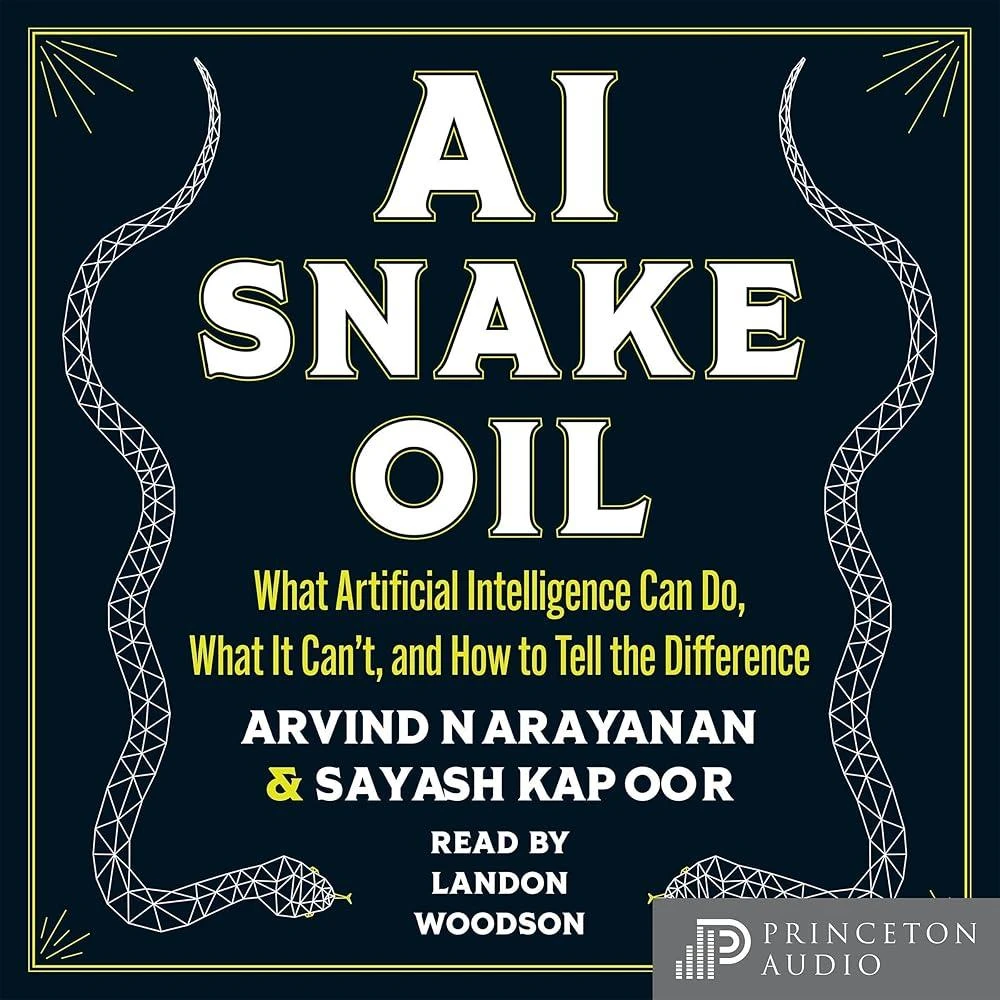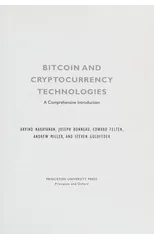AI Snake Oil
What Artificial Intelligence Can Do, What It Can’t, and How to Tell the Difference
(Autor) Arvind Narayanan"A trade book that argues that predictive AI is snake oil: it cannot and will never work. Artificial Intelligence is an umbrella term for a set of loosely related technologies. For instance, ChatGPT has little in common with algorithms that banks use to evaluate loan applicants. Both of these are referred to as AI, but in all of the salient ways - how they work, what they're used for and by whom, and how they fail - they couldn't be more different. Understanding the fundamental differences between AI technologies is critical for a technologically literate public to evaluate how AI is being used all around us. In this book, Arvind Narayanan and Sayash Kapoor explain the major strains of AI in use today: generative AI, predictive AI, and AI for content moderation. They show readers how to differentiate between them and, importantly, make a cogent argument for which types of AI can work well and which can never work, because of their inherent limitations. AI in this latter category, the authors argue, is AI snake oil: it does not and cannot work. More precisely, generative AI is imperfect but can be used for good once we learn how to apply it appropriately, whereas predictive AI can never work - in spite of the fact that it's being sold and marketed today in products - because we have never been able to accurately predict human behavior"--
Arvind Narayanan
Arvind Narayanan is a renowned computer scientist and academic researcher known for his work in the field of privacy and security. He is an associate professor of computer science at Princeton University and has made significant contributions to the study of online privacy, data anonymization, and digital security. Narayanan is also well-known for his work in the intersection of computer science and society, particularly in the areas of algorithmic bias and discrimination. One of his most famous works is the book "Bitcoin and Cryptocurrency Technologies," co-authored with Joseph Bonneau, Edward Felten, Andrew Miller, and Steven Goldfeder, which provides a comprehensive overview of blockchain technology and cryptocurrencies. Narayanan's writing style is clear, concise, and accessible, making complex technical concepts understandable to a wider audience. His research and writings have had a profound impact on the field of computer science and have helped shape the discourse around privacy, security, and ethics in the digital age.






